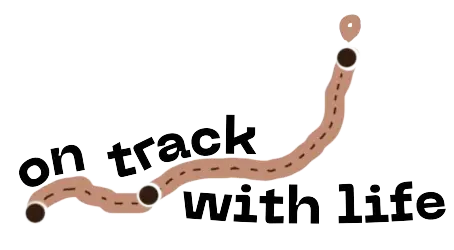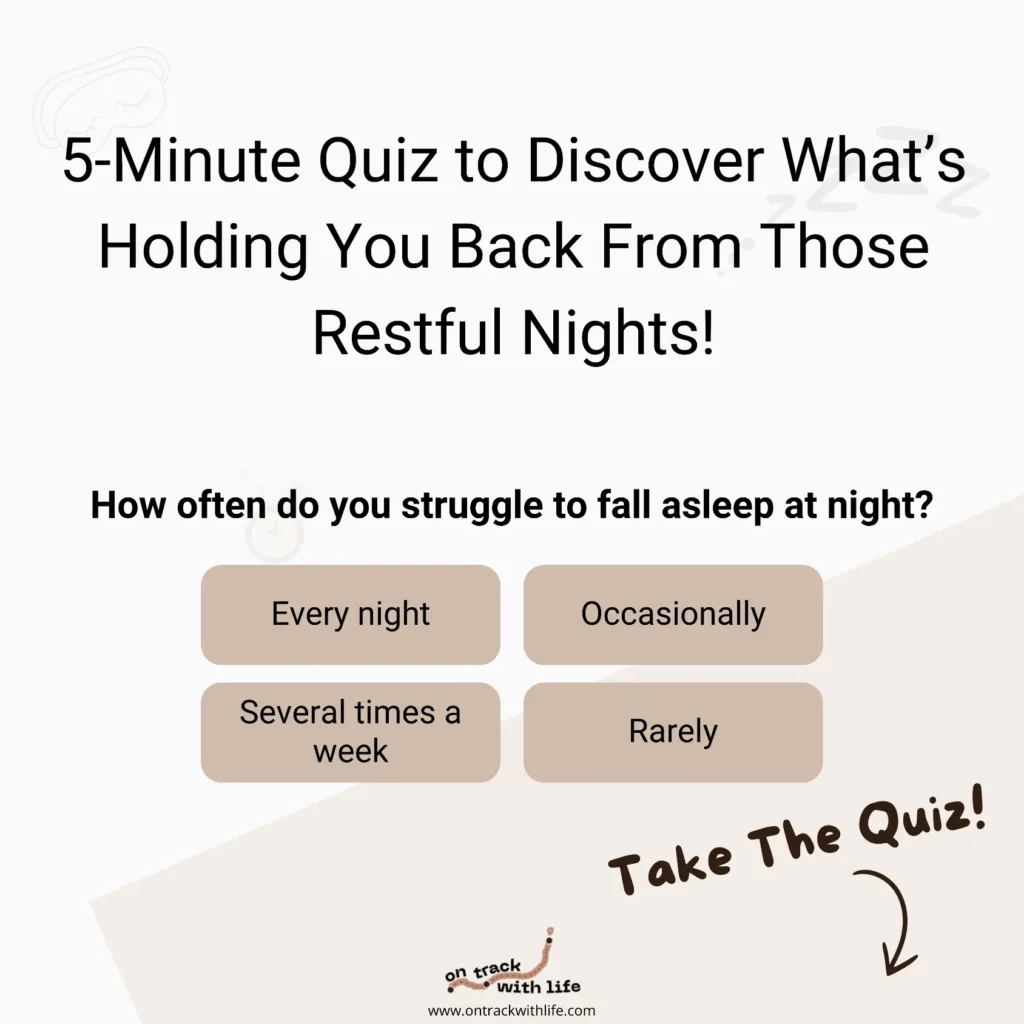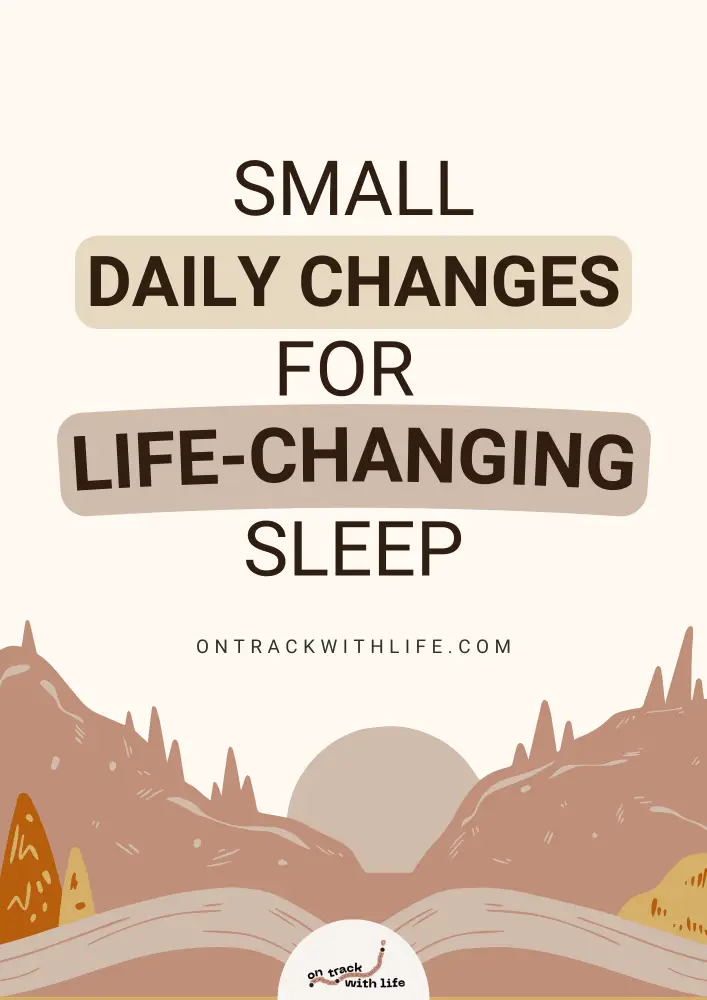Introduction
By itself, any checklist is useless.
It’s just a list with text.
But combined with honest action and usage, it can completely transform your life.
A habit takes roughly 60 days to form, meaning in just 60 days you’ll do your habit autonomously without needing a checklist – it’s just part of your life.
Now, if you’re struggling with poor habits and poor sleep then 60 days is a freaking long time when there’s no clear starting point or structure at all.
So, when you bring in a clear structure to the mix, guess what happens?
When you know for sure what to do, where to start, when to do it and how much effort is required, every single day, then it’s no longer this impossible 2 months.
When you’ve created a detailed outline for every one of those 60 days and can focus on one habit at a time, one day at a time, you’ll avoid the overwhelm.
You’ll start thinking that change is fun and enjoy the challenge because it’s not as difficult and impossible and distant as it once was.
Your Sleep Score
Discover why your sleep is holding you back from a restful and energized life!
- less than 5 minutes...
- Find out if your daily habits is stopping you...
- sleep score to know where you currently stand...
- Insight to motivate change...
What does a checklist and 60 days of commitment get you?
You create the foundation for your life, which is sleep, and start taking responsibility for your actions and emotions.
You start focusing on changing yourself rather than all the unchangeable things around you and feel the calm of accepting that nothing will ever be perfect and realize that striving for perfection is what got you here in the first place.
You focus on progress, get things done and can finally ask yourself what procrastination really is as it slowly fades out of your life.
You start making better daily choices with a clear intention and purpose behind it that all line up with your end goal of things to accomplish before dying.
You start tackling your problems before they spin out of control and stop blaming them on anyone or anything else.
You jump out of bed with excitement and finally start enjoying the things life throws at you and even welcome the things you previously would’ve thought to be “bad”.
You honor each breath you get to take and each moment you get to spend with your loved ones and the people closest to you.
You encourage prioritizing yourself and the things that make you feel the most alive.
You not only change your life, but you also take control of the only thing you can control in this life – yourself – and responsibly shape what becomes of it.
Afterall, this is your life to live, not anyone else’s – make sure you’re living it.

That all sounds like in the movies, perhaps it’s everything you’ve ever dreamed of, but what happens before all of this?
Take a step back because you’re just not there yet.
Forget about all this for a moment, it’s time to lay the foundation.
Here’s 9 habits that promote better sleep in some way and how to get them going.
Create a comfortable sleep environment.
How it improves sleep: Promotes relaxation and helps you fall asleep faster with improved sleep quality.
Get started: Keep your bedroom cool (60-70°F), dark (blackout curtains, eye mask) and quiet (ear plugs, white noise).
First step: Remove distractions from your bedroom and adjust the temperature.
Avoid eating or drinking anything heavy 3 hours before bedtime.
How it improves sleep: Avoids acid refluxes, bloating and discomfort while sleeping.
Get started: Plan your meals earlier and go for a lighter snack if you need to.
First step: Set an alarm or reminder to stop eating at least three hours before your bedtime.
Avoid using a screen 1 hour before bedtime.
How it improves sleep: Avoid interrupting the produciton of your sleep hormone (melatonin) which blue light disrupts, and you’ll fall asleep easier.
Get started: Replace your screen close to bedtime with something relaxing like reading or journaling.
First step: Charge your devices outside the bedroom to prevent the urge to trigger.
Spend 30 minutes per day in natural daylight.
How it improves sleep: Being outside regulates your natural body clock and improves your sleep quality.
Get started: Take a walk in the morning.
First step: Schedule a short outdoor activity into your daily routine (coffee on the balcony, a short walk).
Follow a consistent sleep schedule.
How it improves sleep: By stabilizing your internal body clock you teach your body when it’s time to sleep, and promotes better sleep quality.
Get started: Set a fixed wake-up and bedtime that you follow every day (and yes, even on weekends).
First step: Decide the ideal times and set alarms to stick to them.
Avoid naps after 3 pm.
How it improves sleep: Late naps interferes with your nighttime sleep by reducing the natural drive to sleep.
Get started: Avoid naps altogether. If you really need one, keep it under 30 minutes and take it earlier in the day.
First step: Set an alarm to wake up from naps before 3 pm.
Drink between 10-15 cups of water.
How it improves sleep: Stay hydrated to regulate your body temperature and support the production of melatonin (sleep hormone).
Get started: Spread your water intake throughout the day instead of drinking largely at once.
First step: Start your day with a glass of water and carry a waterbottle with you (refillable).
Avoid caffeinated drinks after 3 pm.
How it improves sleep: Caffeine stays in your system for hours and can interfere when trying to fall asleep. Avoiding caffeine close to bedtime avoids the interruption.
Get started: Replace afternoon caffeine with something else, like water.
First step: Identify your caffeine intake and swap it out.
Create a to-do list for tomorrow.
How it improves sleep: Planning your days reduces stress (when trying to sleep) and increases productivity.
Get started: Write key tasks and priorities before bed to clear your mind.
First step: List 3-5 priorities for the next day before sleeping.
Pick 1 of them to define your starting point.
The easiest to start, yet most impactful is to follow a consistent sleep schedule.
It configures your body clock to know when it’s time for sleep and when it’s time to be awake.
Being inconsistent with sleep times, like staying awake and sleeping longer on the weekend, is just like jetlag where your brain has to adapt to a new time zone every day.
And we both know it can’t adapt to a new time overnight.
That’s one reason why you still feel tired when waking up after 8 hours of sleep.
Write this habit down along with 1 box for each day of the week (7 in total).
Each day when you complete the habit, you check 1 of those boxes.
The goal is to count how many boxes are checked when the week ends and beat the score next week.
When you can comfortably check most of the boxes for a week, it’s time to add the next habit and repeat the process.
Perfection is the norm today…
And it’s tempting to check a box even if you haven’t completed it.
That’s what will get you back to poor habits and once again keep you stuck in the loop.
Remember, since progress is the goal and not perfect, it’s okay to miss a day and it’s okay to not get a full score.
Always strive for progress.
If your first week ends up with 1 checked box it’s still progress because you previously had 0.
Heck, even 0 checked boxes is progress, because you previously didn’t even have a list.
See how we’re breaking down the goal of better sleep (and life) into small steps and focusing on 1 thing at a time?
That’s what change is about.
That’s what progress is about.
Taking the unknown and forcing it upon ourselves slowly and gradually.
Download the guide and start improving your sleep for real this time!
- Clear starting point...
- Easy to follow...
- Step-by-step strategy...
- Common struggles and solutions...
- The strategy I use...
What about escaping your current and poor habits?
Just as it takes 60 days for a new habit to form, it takes 60 days for an old one to dissolve.
I like saying that we’re creating a habit of avoiding the old one, rather than removing it.
We’re creating habits to overrule habits.
Isn’t that just way easier?
Creating something new versus removing something we’ve been doing for most of our life.
Say you’re stuck to your phone as most people seem to be today.
Instead of removing the habit, we’re creating an alternative – a replacement – like reading a book.
So, when we’re doing the new habit, we’re automatically at the same time not doing the old one.
When we’re reading = we’re not on our phone.
Habit replaced.

Philip, why is sleep the start?
How much stuff do you feel like doing in a day when you’re exhausted?
There you go.
A study found that 1 night of missed sleep gets you the same attention span as being legally drunk.
That’s 1 night of missed sleep.
What if you have a lifetime of mismanaged sleep?
What are the rates then?
My point is, when you’re tired all the time your purpose becomes to just survive the day.
And once you’re able to escape out of this loop and experience energy for a full day, suddenly survival is as guaranteed as it can be.
Imagine what you have the chance to focus on then…
What does such a life look like to you?
Are you now ready to pursue it?
I’ve created a digital form of this checklist to make things easier for you…
Want to subscribe to value-packed emails without product-marketing?
- Sleep-changing tips
- Sleep-expert advice
- Efficient strategies
- Inspiring stories
- Mindset shifts
*You are subscribing to email updates. No product-marketing. Unsubscribe anytime. Your data is safe.


